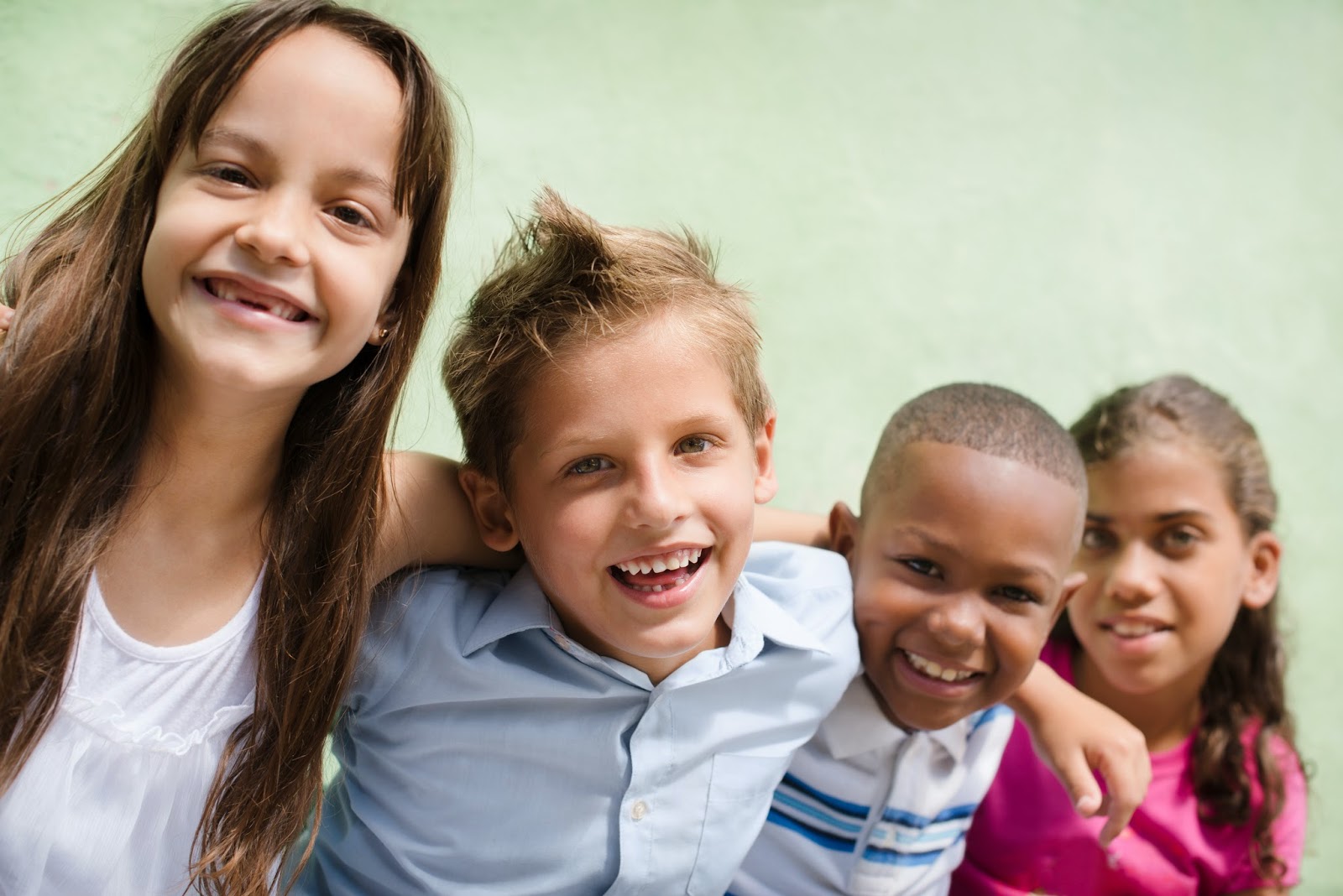Ways to Build a Better Relationship with Your Parents

Relationships with parents or caregivers can be complex and families come in many different shapes and sizes. The idea of a traditional, nuclear family is no longer relevant in today’s society. However you were raised and whoever provided care for you is still integral to your future and personal identity so it’s important to understand your relationship and how it can be improved. Firstly, you might want to ask yourself the following questions to gain clarity on whether you have a healthy or unhealthy relationship and if it needs to improve: Can you talk openly with your parents without fear of judgement? Do you feel that your parents are controlling? Do you feel loved? As we become adults, our relationships with our parents can change, possibly because they don’t have as much control as they once did, and sometimes this can put a strain on our bond. The importance of a healthy relationship The relationships we have with our parents are some of the most important and influential that ...







